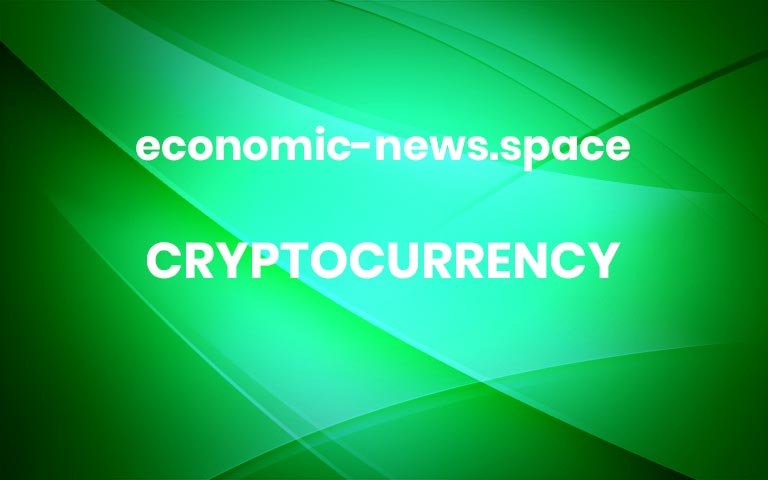Israel central bank chief says 1-2 rate cuts possible in 2025 if inflation cooperates

DAVOS (Reuters) – The Bank of Israel could reduce short-term interest rates one or two times in the second half of 2025 as long as inflation moves back below 3%, Governor Amir Yaron said on Wednesday.Yaron said that while inflation readings have been good in recent months, easing to a 3.2% rate in December – just above the government’s 1-3% annual target – price pressures were likely to accelerate during the first half of the year before coming back down later in 2025.”We think in the first half we will see inflation still coming up and then moderating towards the second half into our target, which in our baseline case probably implies that in the second half, we could see somewhere between a cut or two cuts of interest,” Yaron said in an interview with Reuters on the sidelines of the World Economic Forum’s annual meeting.The central bank sharply raised the benchmark rate in 2022 and 2023 to a high of 4.75% from 0.1% due to a spike in inflation.It cut the rate 25 basis points in January 2024 but the rate has stayed at 4.5% since, as policymakers have been concerned with the effects of Israel’s war in Gaza against Palestinian militant group Hamas that helped to push up inflation, weaken the shekel and raise Israel’s risk premium. The shekel has since reversed course and has appreciated 2.5% against the dollar so far this month, while ceasefires with Hamas and Hezbollah have brought Israel’s risk premium down sharply.”If we see inflation moderating faster and more significantly and the shekel strengthening in a more permanent way, then that may allow us to be a bit more agile and faster in that direction,” Yaron said of the prospects for cutting rates.GROWTH REBOUND EXPECTED IN 2025Yaron noted that war-related supply constraints that have helped to push up prices have started to alleviate but “in the short run, we think demand is going to move faster than the supply constraints will get alleviated”.Israel’s economic growth was near zero in 2024, but the central bank estimates growth of 4% in 2025.Yaron cautioned that should inflation remain “sticky” or geopolitical issues push Israel’s risk premium higher again, “we will have to maintain a more restrictive stance for a longer period”.He pointed to a rise in value added taxes and other government mandated increases at the start of 2025 that would add to inflation pressures.Loose fiscal policies in 2024, mainly $25 billion in extra spending to finance Israel’s military conflicts, have also concerned policymakers, especially a budget deficit last year of 6.9% of GDP.Yaron, though, largely praised the government for an austerity budget for 2025 – which still needs final parliamentary approval – of spending cuts and tax increases to rein in the deficit.He expects higher defence spending to boost the debt burden in 2025 but hopes for a decline in 2026.”Probably some more fiscal adjustment will be needed in the 2026 budget to assure that the trajectory of debt to GDP coming down continues onward,” Yaron said.After a series of credit rating cuts in 2024, the government, he added, understood the importance of maintaining market confidence although “the composition of the budget could have been pushed more into engines of growth”. More


